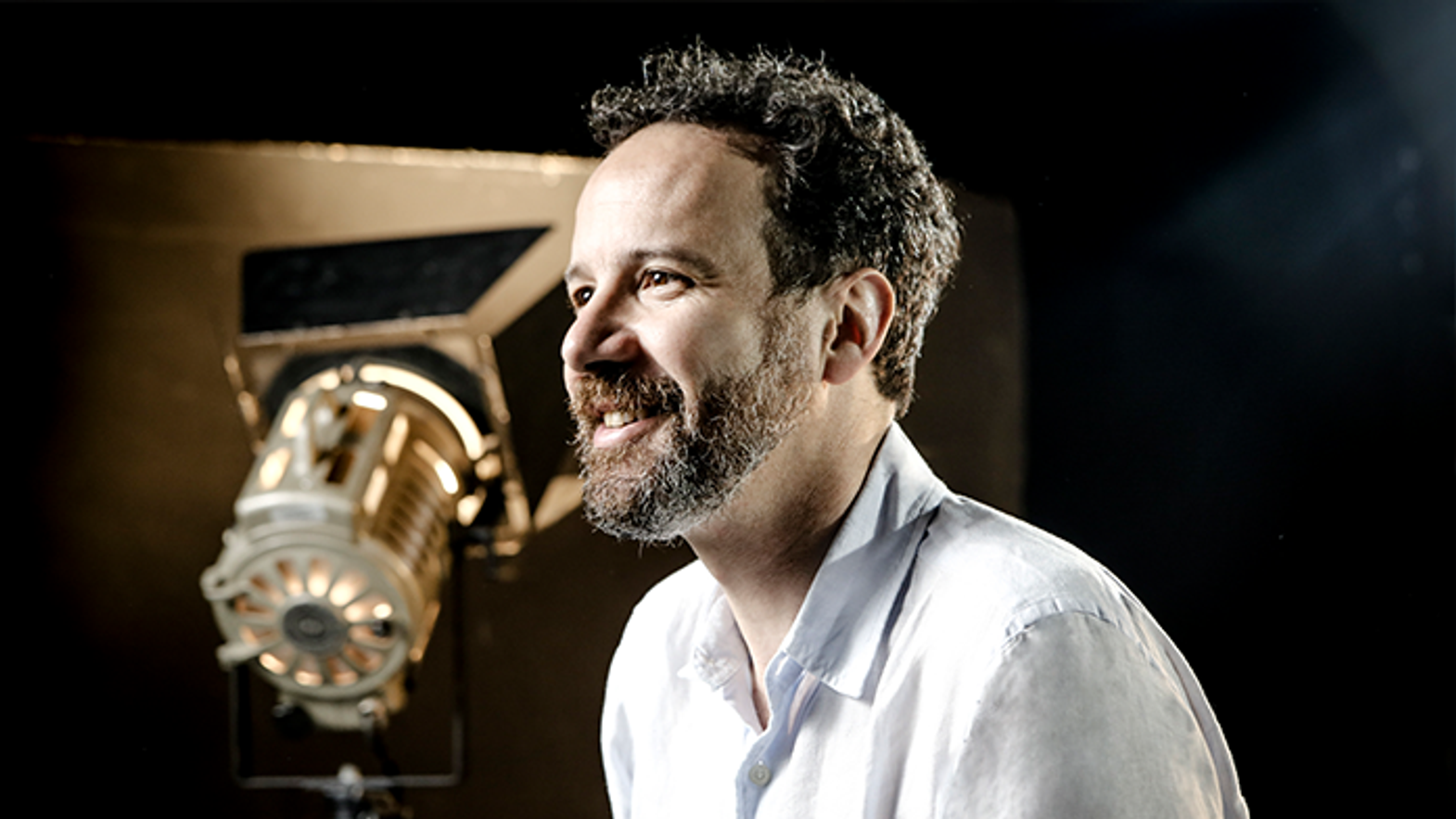
A desire to live a life in harmony with the environment is hidden in each of us. In Le vent tourne, however, this desire for nature comes to terms with the call of modernity. Bettina Oberli chooses these locations to portray the most classic of love triangles, entrusting her voice to a wonderful Mélanie Thierry.
Like a little corner of paradise, Abbas Fahdel's film (Yara) seems to want to keep away from the sounds of the present, but reality inevitably intrudes. Closing Time, by Nicole Vögele, is distinguished by an opposing path. The chaotic reality of a small restaurant gives way to the elderly owner's desire to escape.
When fiction and documentary communicate with each other. On the one hand, there is a mother separated from the rest of the family by an incomprehensible sentence (The Sentence), on the other hand, a father who built himself an enviable position and suddenly sees everything collapse (Ceux qui travaillent). Whilst there are emotions brought by reality and the passing of time visible on the faces and bodies of people, there is also the ability of an actor (Gourmet) to have glided effortlessly through his entire life.
By changing the scrolling speed of the images, Rappmund and Levine find the heart of LA on the oldest and busiest freeway (Communion Los Angeles). Instead A Land Imagined proposes a different journey, where a detective ends up putting himself in the shoes of the person who he is looking for and lives by proxy the life of a poor illegal worker.
Andrei Ujică in his conversation with Sloterdijk argued that cinema is nothing more than a development of literature. If we look at the work of Emmanuel Carrère, the way in which he uses the first person, the change of register and film editing to compose his stories, we could also argue otherwise.